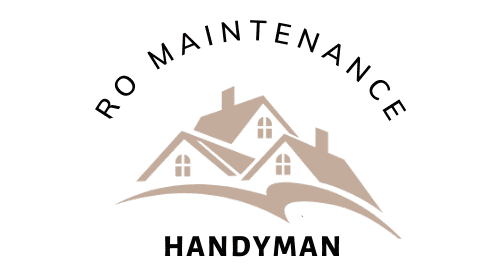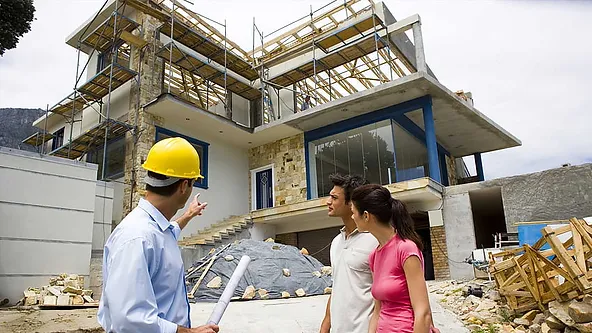Embarking on a home construction project can be an exciting yet daunting endeavor. Whether you’re building your dream home or renovating an existing property, effective project management is crucial for a successful outcome. From planning to execution, every step requires meticulous attention to detail and coordination. Here are ten valuable tips to ensure effective project management in home construction:

Detailed Planning and Budgeting: Begin by outlining a comprehensive plan that includes timelines, tasks, and a realistic budget. Factor in potential contingencies and leave room for unexpected costs that might arise during the construction process.
Hire Competent Professionals: Building a reliable team is paramount. Choose experienced and reputable contractors, architects, engineers, and other professionals. Ensure they understand your vision and can deliver quality work within the set timelines.
Clear Communication: Establish open lines of communication with all stakeholders involved in the project. Regular meetings, progress updates, and clear documentation of decisions and changes help keep everyone on the same page.
Regular Site Inspections: Conduct regular site visits to monitor progress and ensure work is being done as per the plan and quality standards. Address any concerns or issues promptly to prevent them from escalating.
Adherence to Building Codes and Regulations: Compliance with local building codes and regulations is non-negotiable. Ensure all construction activities adhere to these standards to avoid legal complications and ensure the safety and structural integrity of the property.
Quality Materials and Workmanship: Emphasize the use of high-quality materials and craftsmanship. Cutting corners on materials or labor might seem cost-effective initially, but it can lead to expensive repairs or renovations in the future.
Risk Management: Identify potential risks and develop contingency plans to mitigate them. Weather delays, material shortages, or unforeseen structural issues can impact the project timeline. Having backup plans in place minimizes disruptions.
Document Everything: Maintain detailed records of contracts, permits, invoices, change orders, and any communication related to the project. This documentation serves as a reference point and can be crucial in case of disputes or discrepancies.
Flexibility and Adaptability: Remain flexible to accommodate changes that might arise during the construction process. Sometimes, modifications or adjustments are necessary due to unforeseen circumstances or client preferences.
Regular Evaluations and Feedback: Conduct periodic evaluations to assess progress and gather feedback from both the construction team and clients. Learn from any challenges faced during the project to improve future endeavors.
In conclusion, successful project management in home construction requires meticulous planning, effective communication, and a proactive approach to problem-solving. By following these tips, you can navigate the complexities of a construction project more efficiently, ensuring a smoother journey toward the realization of your dream home.


Leave a Reply